Last week I was diagnosed with Breast Cancer. Really no family history, per se, though it was enlightening speaking with the Genetic Counselor that being of a certain cultural background like mine may hold risks. Our family seems to pass on predominantly from Heart Disease and Diabetes complications. But here I am with this new out of the blue battle that I will fight through. I WILL.
As a Dietitian and Personal Trainer going through this, I hear all the diet and lifestyle beliefs about why this dangerous mutated cell grows and multiplies. I want to go over these myths today and break them down for you (and for me – to reiterate my knowledge and not get sucked into anxiety and wild-fire beliefs which I was.)
Let’s stick to the facts. And breathe. And know any one thing you do is ok. Is fine. Is soul balance. You need that. Doing it every day in excess, then it’s a habit and perhaps something to look into. That will make a dent.
What you do most often is what matters.
Now let’s talk about diet and breast cancer.
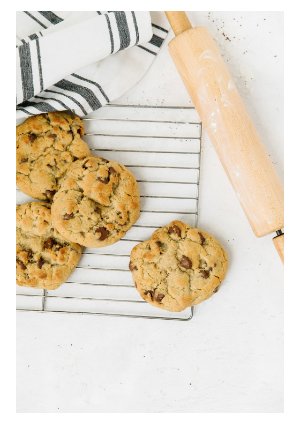
Myth #1: Sugar feeds cancer.
But the truth is that sugar doesn’t make cancer grow faster. All cells, including cancer cells, depend on blood sugar (glucose) for energy. But giving more sugar to cancer cells doesn’t make them grow faster and starving them of sugar doesn’t make them grow slower.
Sugar is not a direct cause of breast cancer.
The myth that sugar feeds cancer and triggers the growth of cancer is a misinterpretation of some basic chemical processes in the body. All the cells in the body use sugar (glucose) for energy. Sugar (glucose) comes from carbohydrates we eat. So it’s important to note that cancer cells have the ability to shift gears and use ketone bodies, which are derived from fat, as an energy source. In a prolonged fasted state among cancer patients, fat and muscle breakdown occurs, thus allowing tumors to continue to grow while you lose weight and strength.
There is no such thing as precision cell fueling. Sorry Keto lovers!
In saying this, I do recommend limiting “added sugars,” which are sugars added to foods during cooking and manufacturing, as the extra calories from the sugar in excess may contribute to unhealthy outcomes for the body. Obesity is a risk factor for breast cancer and recurrence of breast cancer. Foods with added sugars may replace healthy foods that build strength and immune support during cancer treatment.
Some foods (such as soft drinks, fruit drinks, snacks, and sweets) have added sugars (sugars that aren’t found naturally). Foods and drinks with added sugars can add too many calories to your diet. Over time, this can make you overweight or obese. They can also cause issues with your blood sugar and insulin (a hormone that helps control your blood sugar levels). Insulin issues can include chronic hyperglycemia (high blood sugar), hyperinsulinemia (having too much insulin in your blood), and insulin resistance. These conditions may increase your risk of getting breast cancer and some other types of cancer. The World Health Organization (WHO) recommends having no more than 25 grams (6 teaspoons) of added sugar per day. This measure is for someone eating 2,000 calories a day.
Follow these recommendations to limit the amount of added sugar you eat:
Read food labels to find out how much added sugar a food or drink has.
Grams and % Daily Value are now required for added sugars. Less sugar is better.
Ingredients are listed in descending (decreasing) order. This means that the product has more of the ingredients that are listed first and less of those listed last. Make sure sugar isn’t one of the first few ingredients on the list.
Food labels list added sugars in many ways. Some names to watch for are:
• Corn syrup
• Brown rice syrup
• High-fructose corn syrup
• Muscovado
• Fruit juice concentrate
• Maltose
• Dextrose
• Evaporated cane juice
• Turbinado sugar
• Sucrose
• Glucose
• Fructose
• Barley malt
• Raw sugar
• Honey
• Maple syrup
• Cane sugar
• Invert sugar
Remember that sugar is sugar, whether it’s raw, brown, white, organic, or powdered.
If you have other health concerns (such as diabetes, prediabetes, insulin resistance, or obesity) talk with your Registered Dietitian. NOT Nutritionist, chiropractor, trainer…etc. 😉 You get it.
Sugars that are naturally found in many foods, such as fresh fruit and milk, are not counted here. It’s okay to eat naturally occurring sugars much more often and in much higher amounts than added sugars.
If you’re going through treatment, your healthy cells need energy during this time. If you try to cut out all sugar from your diet, cancer cells will find a way to convert other nutrients or tissues in your body, such as fat and muscle, into sugar for energy. This won’t help treatment, but it could leave your healthy cells low on energy.
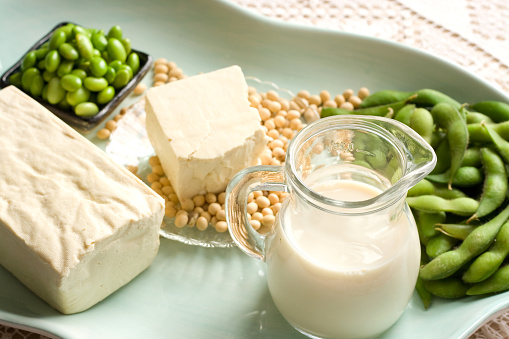
Myth #2: Soy can cause or grow breast cancer:
Most of the controversy over soy and breast cancer has to do with the fact that soy is one of the best sources of isoflavones, phytochemicals classified as phytoestrogens. A phytoestrogen is a plant chemical with a similar shape to estrogen, therefore allowing it to bind to estrogen receptors in the body.
This binding ability is why many people have heard that soy is bad for breast cancer, especially the type of breast cancer that grows in response to hormones. The truth is that no studies have proven that phytoestrogens cause cancer to grow; so far it is a theory.
The other side of the story is that many people think that a “balance” of hormones in the body is necessary for good health and therefore eating plant hormones can help “balance” and promote good hormones. There is no evidence for this theory other than most studies suggest a plant-based diet is important for reducing the risk of cancer.
When it comes to soy and cancer, there will always be people arguing on both sides of the issue. My take is that most plant foods have been proven beneficial to the body, including soy. Soy has been studied extensively in heart disease and is shown to benefit the heart.
What is most important with soy intake is that you get high-quality whole forms of soy as opposed to processed pills and powders. Even for hormone receptor-positive breast cancers, the most conservative medical professional would say that 3-4 servings per week are fine (FYI, a serving is 1 cup of soy milk or 1/2 cup soybeans or tofu).
Personally, I’m comfortable recommending up to 2-3 servings per day for hormone-positive breast cancer survivors which is what I have and eat! The most important thing is to stay away from soy powders (shakes, soy chips, soy breads, soy bars, or soy supplements if possible). The concentration of isoflavones is very high in these products and you’re also missing the other beneficial nutrients that come with whole soy.
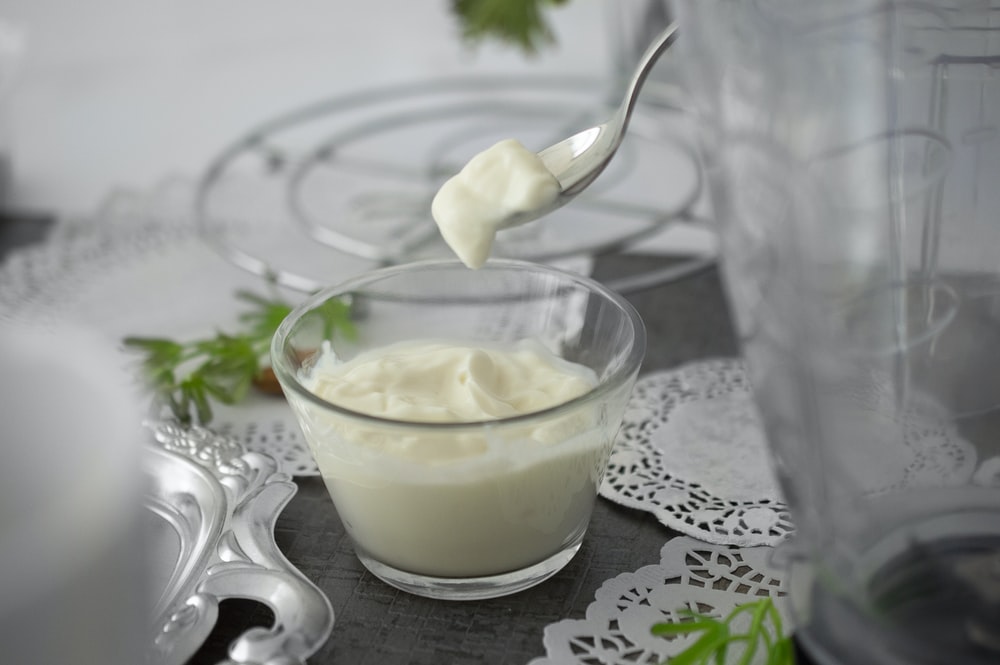
Myth #3: Dairy foods cause breast cancer because of added hormones:
The hormones are not added to the dairy. Rather they’re given to the cow/animal to increase production.
It’s too simplistic. Dairy is a complex product, and we’ve got to look at all the compounds in dairy, including protein, casein, lactose, and calcium, rather than focus on a single element. How the animal has been raised can also make a difference in the quality of the dairy it produces. My suggestion is to go plant-based or choose grass-fed pasture-raised organic milks if you go dairy.
And if you don’t like dairy, find it unethical, or are allergic to it, don’t consume it. You can get the healthy nutrients found in dairy, such as calcium and protein, from other foods.
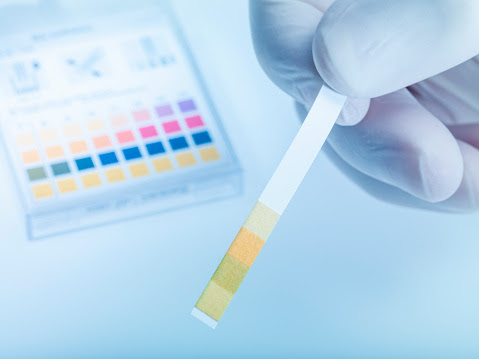
Myth #4: Acidic blood increases the risk of recurrence of Breast Cancer:
It’s true that in lab studies, cancer cells have been found to thrive in a somewhat acidic environment and can’t survive in a highly alkaline environment. Eating patterns like the alkaline diet claim to lower that acidity and make the body less hospitable to cancer.
Like other myths, there’s a teeny truth to this. The immediate environment around cancer cells, which is called the microenvironment, can become acidic.
But whether the foods you eat create those conditions has not been proven. It’s true that eating acidic foods can increase the acidity of your urine, but acidity or alkalinity in your urine doesn’t indicate a change in your overall body pH.
Currently there’s no good evidence to prove that diet can manipulate your whole-body pH or that it impacts cancer. And, it’s worth noting that the body regulates itself to operate within a narrow pH range. When the body falls outside that range, it could be life-threatening.
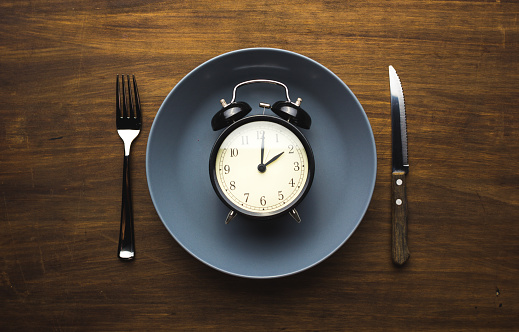
Myth #5: Prolonged fasting can prevent the recurrence of Breast Cancer and make you lose weight:
There’s also a lot of evidence from animal studies that intermittent fasting does have favorable effects on insulin metabolism and inflammation, but human studies have not supported those findings yet.
That said, one large prospective study of patients with early-stage breast cancer shows that a nightly fast of fewer than 13 hours was associated with a 36% higher risk of breast cancer recurrence. Study participants who fasted longer than 13 hours were less likely to experience a breast cancer recurrence (but not lower in mortality risk).
Bottom line: Intermittent fasting can be beneficial for some people because it causes them to put their awareness of their eating habits and to be more deliberate when they’re eating. It can help people who tend to snack at night curb that habit, which could lead to better health outcomes. I do suggest at least a 12-hour nightly fast that goes alongside your circadian rhythm (night and morning). If this causes an increase in disordered eating then ditch it right away.
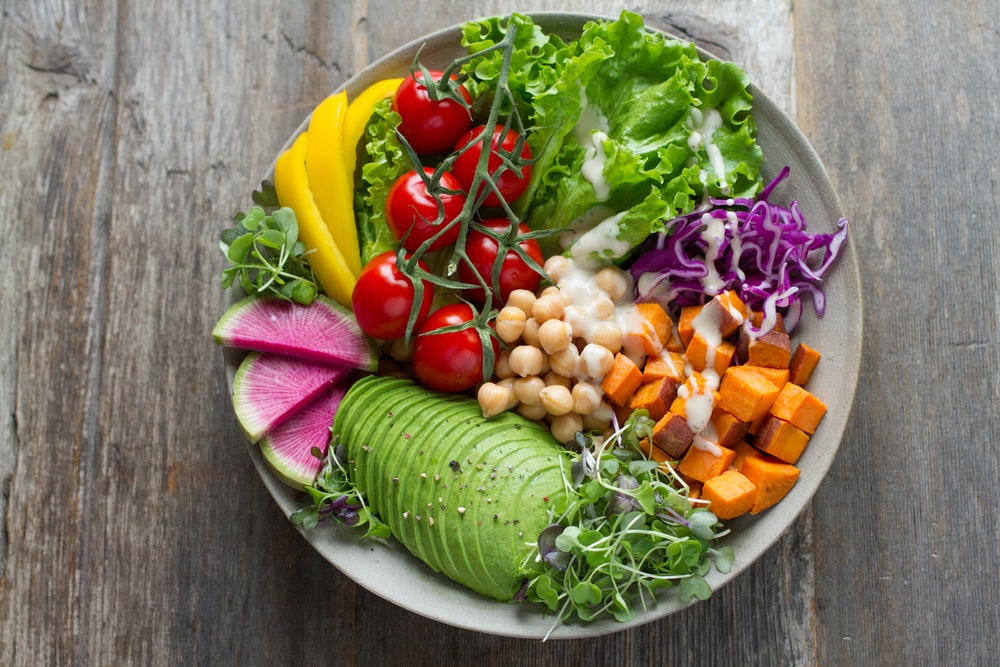
You might be wondering: ok then what should I eat with a Breast Cancer diagnosis?
During treatment, the highest priority is to maintain weight and muscle mass so you can safely endure treatment and maintain strength. Significant weight loss and muscle mass loss is associated with increased risk for infection, hospitalization, and severe side effects. However, weight gain is more common than weight loss for individuals undergoing treatment for breast cancer.
I suggest adopting the Mediterranean or other plant-based diet that’s rich in:
• Fruits
• Vegetables
• Whole grains
• Plant proteins
• Plant Fats (other than palm oil)
You can watch the limit of added sugars, saturated fat, and high-sodium food items as well.
And stay flexible, because treatment for breast cancer may affect what you’re able to eat and can change how certain foods taste to you. The side effects you may encounter from treatment will dictate what foods to increase and/or decrease in your diet.
Also important to note that most women will need 3 liters, or about 100 ounces of fluid, per day.
Bottom line: There is no one food that will cause breast cancer, nor is there one food or food group that will cure breast cancer.
I hope this eased some anxiety about eating your cookie and tofu, and hopefully from buying pricey alkaline water. Save your money (for gas probably!), buy some new athletic shoes, and get moving!
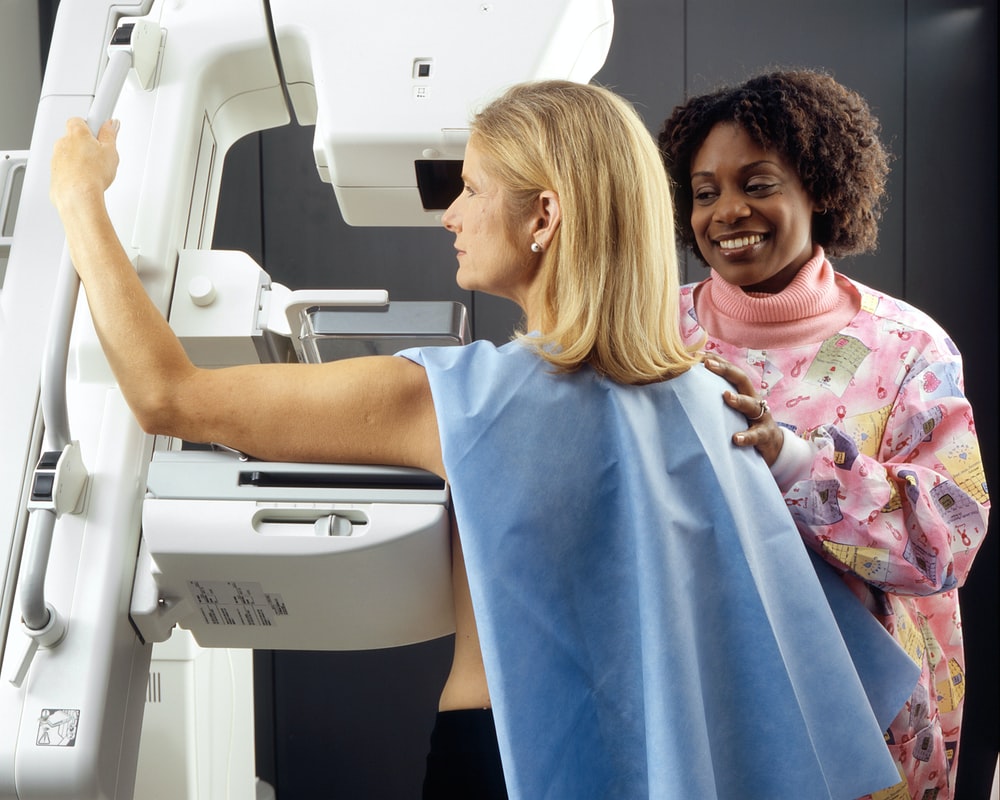
And pretty please get your mammograms and screenings needed, and encourage your loved ones to do the same.
Here with you climbing the mountain,
Miriam Jirari MPH, RDN, CPT, Intuitive Eating Counselor
Studio SWEAT Dietitian
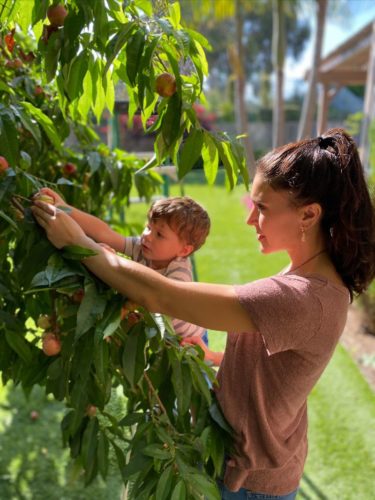
Resources:
1) https://www.cancer.org/latest-news/how-your-diet-may-affect-your-risk-of-breast-cancer.html#:~:text=A%20myth%20says%3A%20%E2%80%9CSugar%20feeds,t%20make%20them%20grow%20slower.
2) https://www.mskcc.org/cancer-care/patient-education/nutrition-and-breast-making-healthy-diet-decisions
3) https://pearlpoint.org/breast-cancer-nutrition-exploring-the-evidence/
4) https://cancerdietitian.com/2015/08/why-you-should-stop-saying-sugar-feeds-cancer.html
5) https://health.usnews.com/conditions/slideshows/breast-cancer-nutrition-myths?slide=3
6) https://conquer-magazine.com/issues/2019/vol-5-no-5-october-2019/1065-top-5-breast-cancer-nutrition-myths-debunked
7) https://www.ncbi.nlm.nih.gov/pmc/articles/PMC4982776/#:~:text=In%20this%20large%20prospective%20cohort,increased%20risk%20of%20early%20mortality


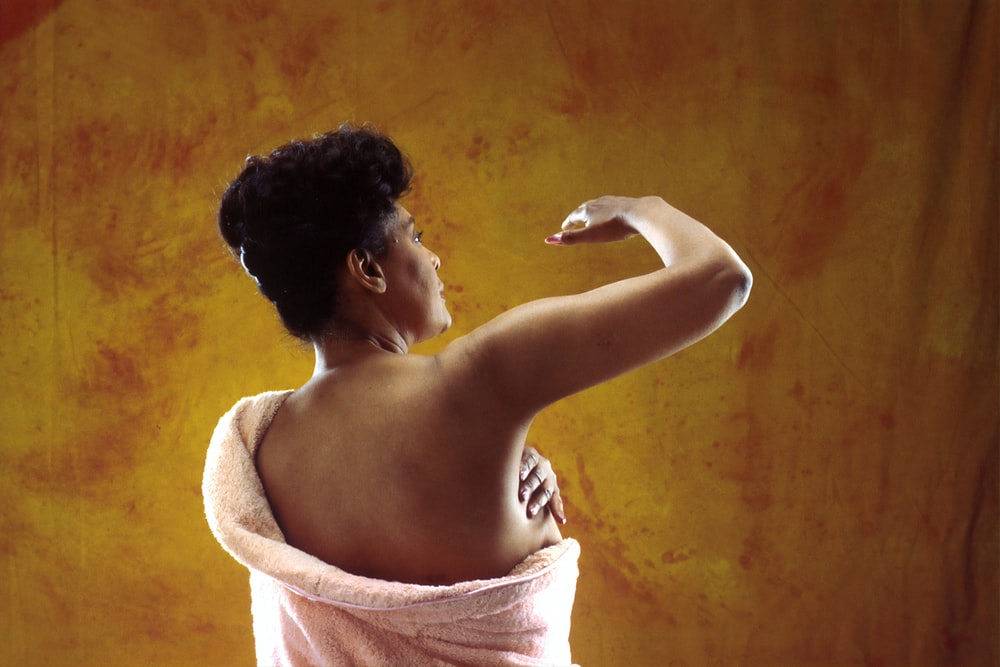

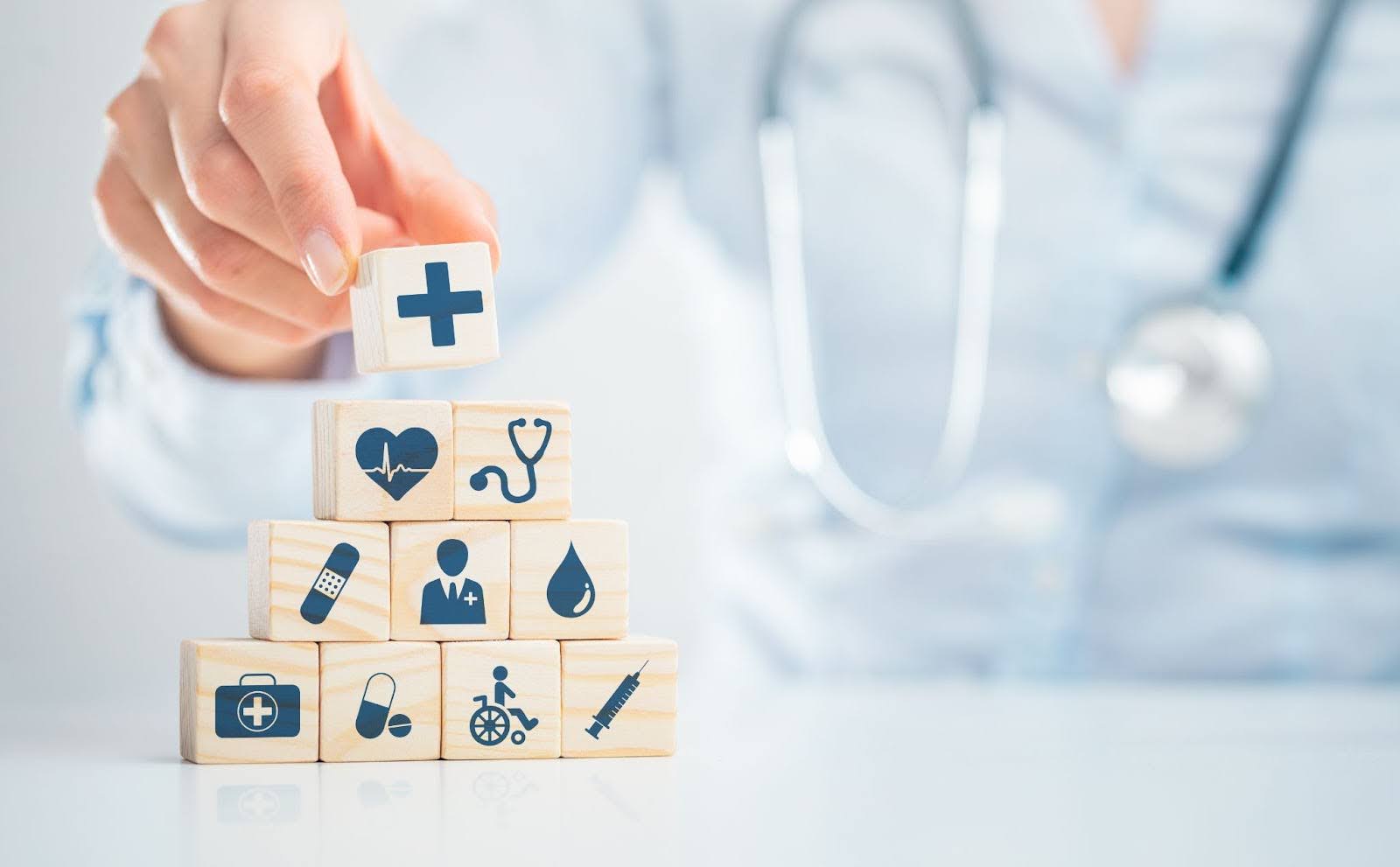





Comments - 0